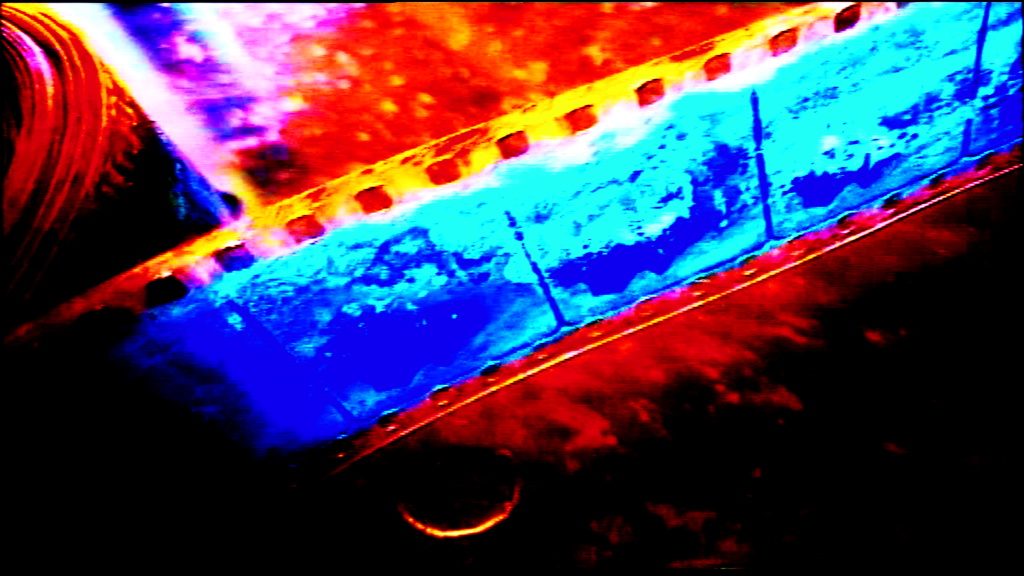If Agnès Varda was the mother of the nouvelle vague, Alice Guy-Blaché (1873–1968) was the mother of cinema, period. She was an early viewer of the Lumière brothers shorts and was one of the first filmmakers of either gender to explore the narrative possibilities of the medium—influencing the work of Eisenstein and Hitchcock, to name just two. In addition to directing and producing, she founded and ran Solax Studio out of Fort Lee, New Jersey.

Not that anyone would know these things, considering how her male colleagues in the fledgling industry erased her contributions. Her husband, Herbert Blaché, took credit for Solax, and her boss, Léon Gaumont, failed to acknowledge her in the studio records. Male film historians hardly picked up the slack during Guy-Blaché’s life or since her death.

The new documentary BE NATURAL—THE UNTOLD STORY OF ALICE GUY-BLACHÉ—directed by Pamela B. Green and narrated by Jodie Foster—goes a long way toward righting these wrongs, and is screening in downtown Los Angeles through Thursday.

BE NATURAL—THE UNTOLD STORY OF ALICE GUY-BLACHÉ
Through May 23.
Downtown Independent
251 South Main Street, Los Angeles.

From top: Alice Guy-Blaché directing Bessie Love in Great Adventure (1918); Guy-Blaché directing My Madonna, with Olga Petrova and John Hass; Alice Guy-Blaché, A Fool and his Money (still), one of the first narrative films to feature an African-American cast; Alice Guy-Blaché, Scarlet Woman (still); Guy-Blaché directing My Madonna; Love (left) and Guy-Blaché. Images courtesy and © Pamela B. Green and Kino Lorber.







